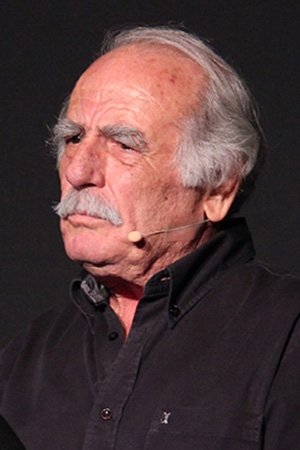
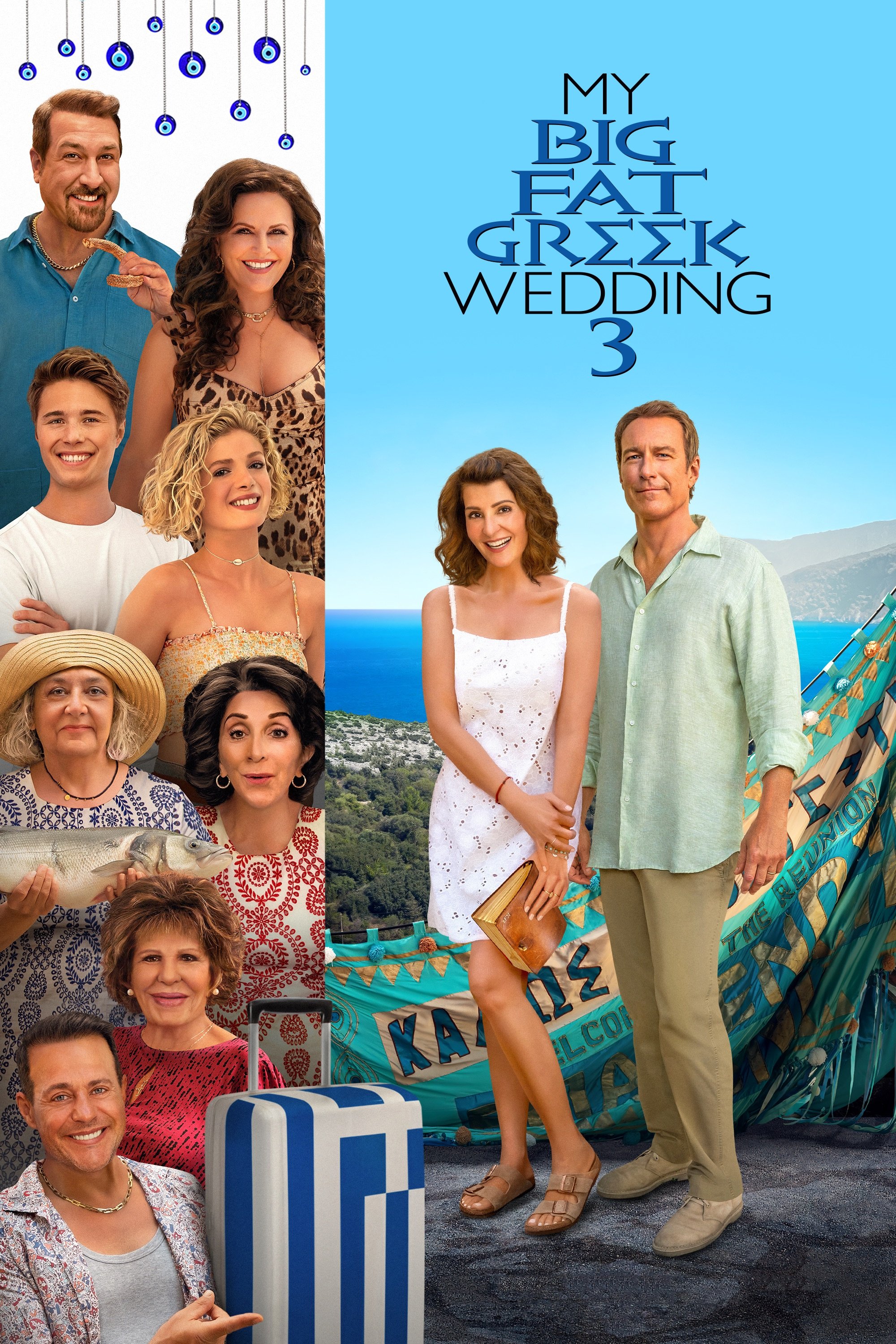
Following the death of their patriarch Gus, the Portokalos family travels to Greece for a family reunion, and to deliver Gus' journal to his old friends.
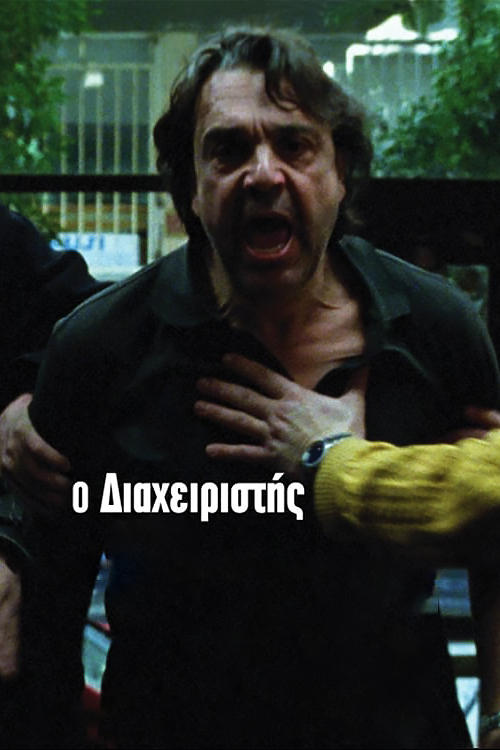
A gently ironic portrait of a midlife crisis. Pavlos takes over the job of building manager just as a sewage pipe bursts. Will Pavlos succeed in fixing the broken sewage pipe before he can fix his own wrecked life? Director Hoursoglou succeeds in creating a faithful, entertaining, and even touching portrait of "ordinary" interpersonal relations.
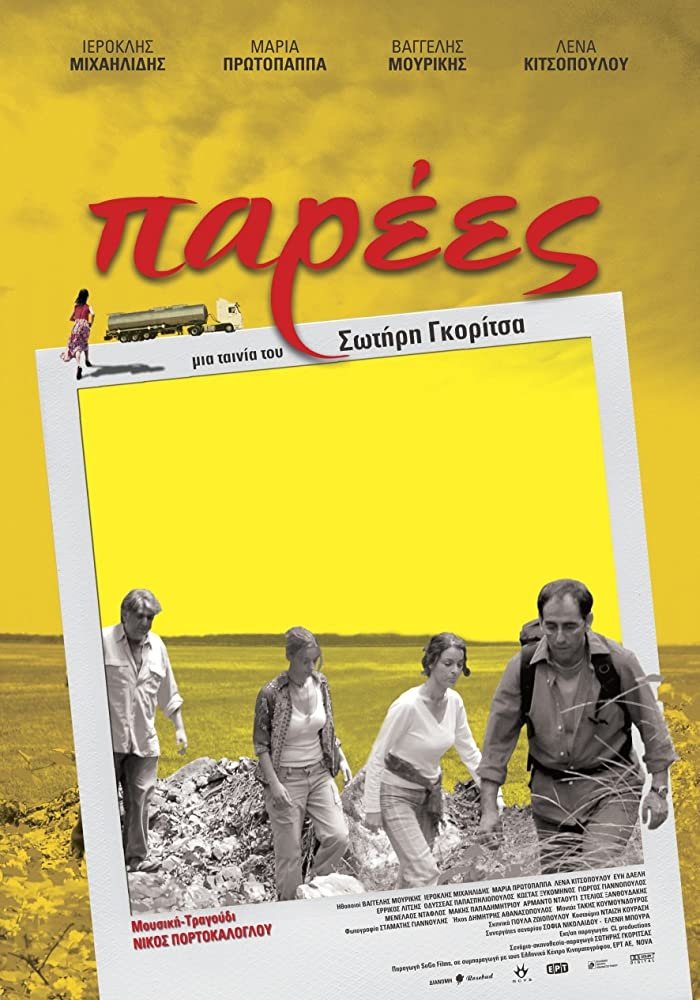
Holy Week in Pelion. Two friendly Athenians couples find in their yard corpse of a stranger. They try to avoid the charge of murder by locals, while in the whole fuss becoming uncovered secrets that will change the lives of everyone.
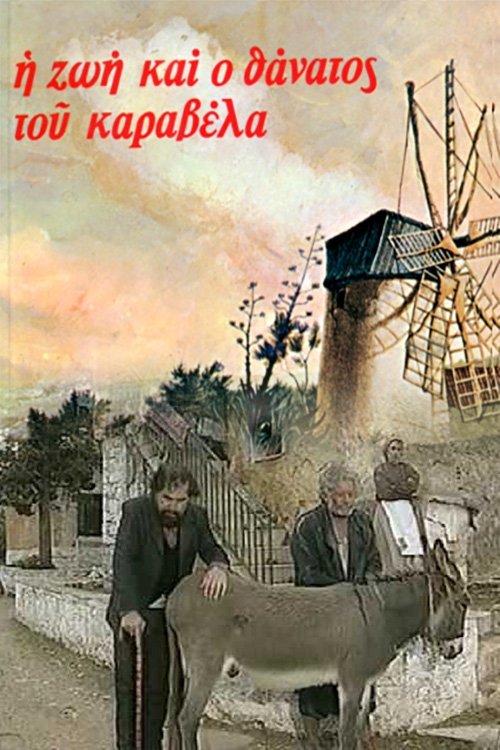
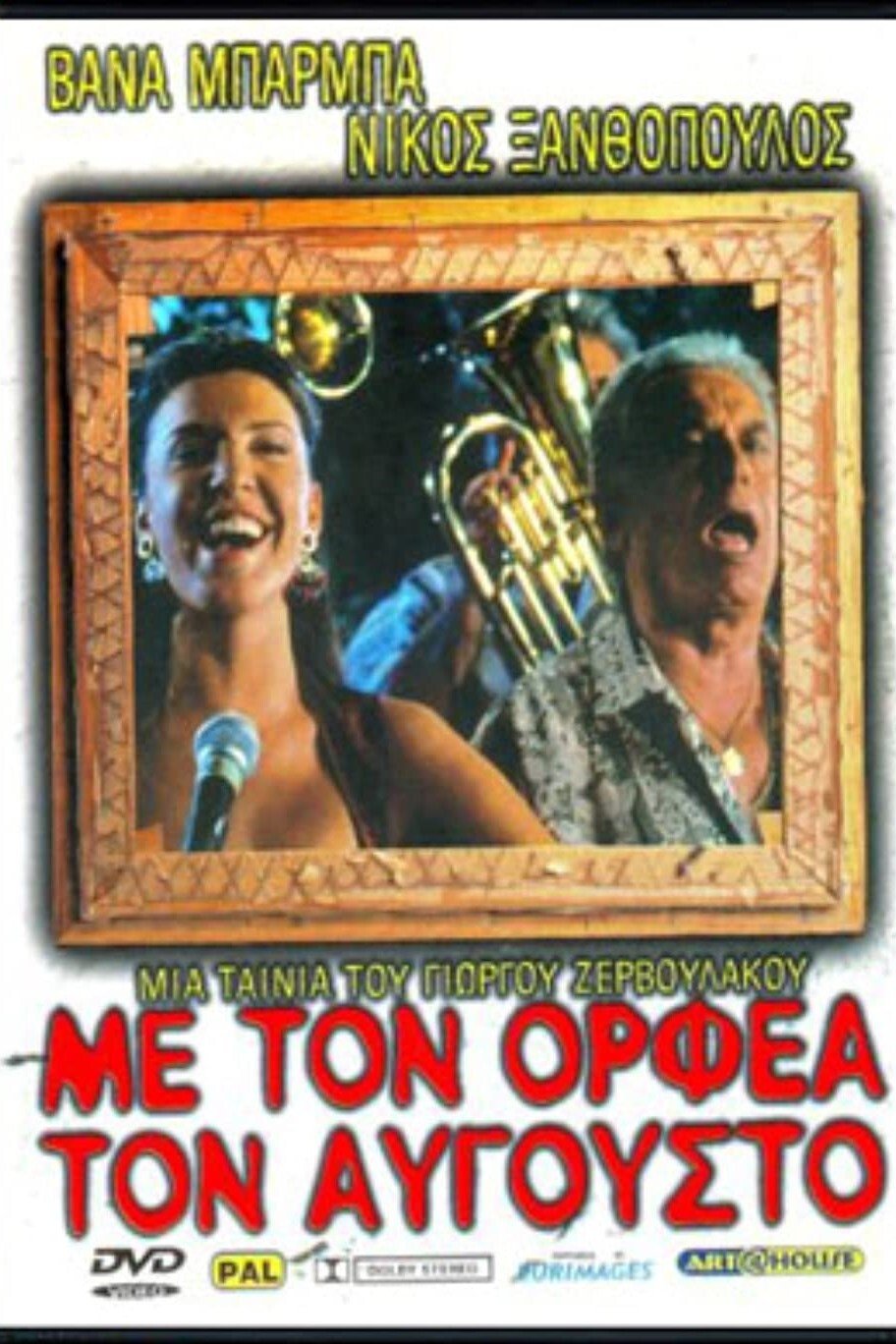
Eurydice is a singer in a group that plays in country fairs. The group is not successful and Eurydice gets convinced by a rich farmer to follow him to Athens, where he promises her that he will make her a famous singer. Things do not turn out as promised, and Eurydice returns to the band, which is very successful now, due to Orpheus, a mute clarinet player, who has joined them. The farmer comes to reclaim her by force and Eurydice gets killed in a car accident. Orpheus tries to give her life with his clarinet.
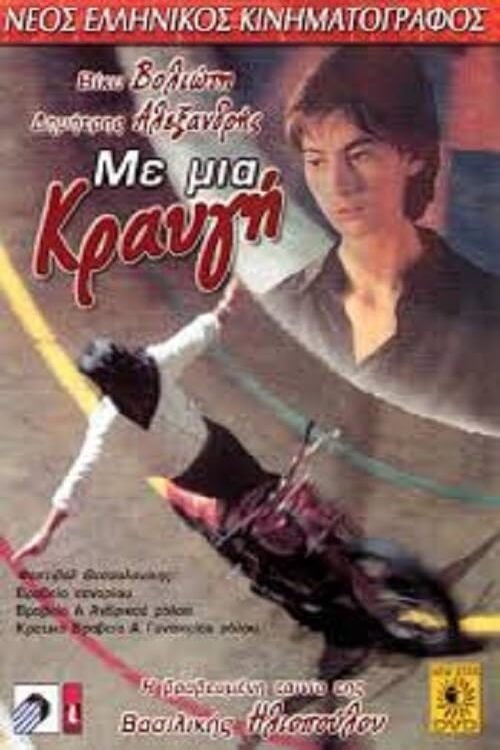

The introduction of this film is set during the time of the Junta (1967-1974) when the main character (Lefteris Dimakopoulos) used to work at the fish-market in Mesolonggi in order to be able to finish his studies at the Polytechnic University. Later on, we watch Lefteris’ life through his relationship with Dimitra, a fellow student. The ups and downs in their relationship during the course of their studies end up in a deadlock, in which they sacrifice their relationship to their quest for success.
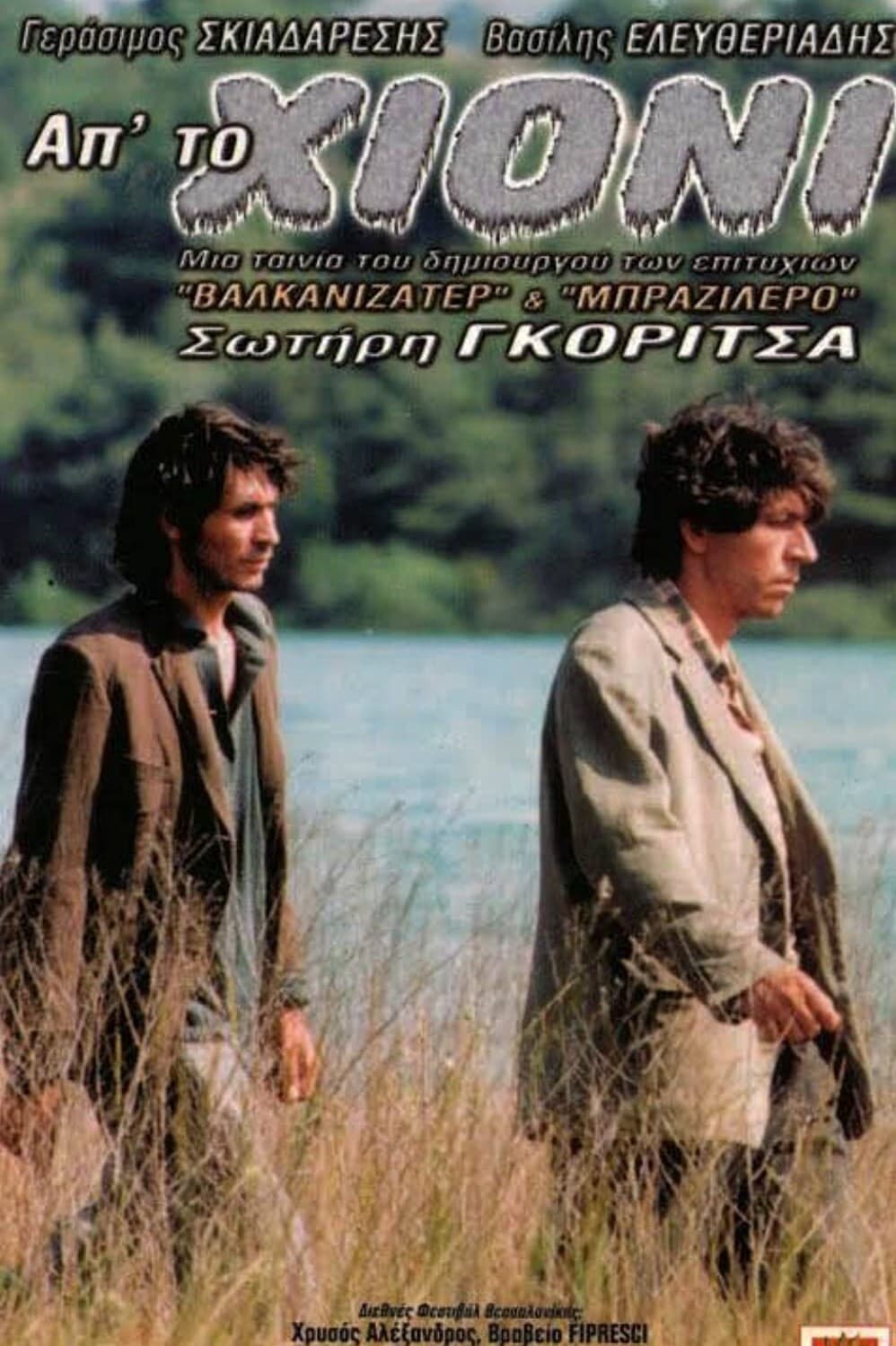
This highly acclaimed drama from Greek writer/director Sotiris Goritsas, inspired by the Sotiris Dimitriou short story, represented Greece as an official selection for the 1994 Cannes Film Festival Directors' Fortnight. It concerns two young Greek men seeking refuge in Albania. Thomas (Vassilis Eleftheriadis) and Achilleas (Ierassimos Skiadaeressis) make an illegal late-night run at the Greek border, joined by young Nikos (Antonis Manolas), a child whose mother had been killed by Albanian guards. Returning to Athens, they find that the land they had missed and dreamed of so often has changed, refusing to accept the returning refugees or even see them as Greek -- the locals refer to the trio as "Albanians" throughout the film. Demoralized and disillusioned, Thomas is accidentally killed while working at a building site to make ends meet, and Achilleas and Nikos decide to return to their Albanian village rather than stay in an Athens, which clearly has no place for them anymore.
A retired diplomat has begun writing a historical novel about the legendary Captain Meϊtanos, who lived in the 17th century. Initially, he was a klepht (bandit), then an armatolos (member of irregular forces), then a klepht again, until finally winding up in the Ottoman hangman’s noose. Captain Meϊtanos was described by monks who lived for many years after his death, recounting his activities and passing on his story. Memories are revived; snatches of a story and mystery emerge, such as that of a holy icon painted in 1715 by the iconographer Vaϊos – an icon which adds additional color and detail to this story.
By browsing this website, you accept our cookies policy.